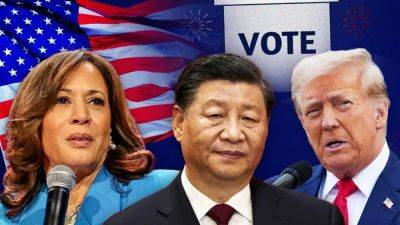Federal Reserve rate cuts could prove to be a boon for Southeast Asian economies
The U.S. Federal Reserve's decision to cut interest rates in September, with further reductions expected, could prove to be a boon for the emerging economies of Southeast Asia.
"We're very confident and optimistic with the rate cuts … these markets will come back to their 6-7% real GDP growth trajectory in the near term," Saurabh Agarwal, head of Southeast Asia private equity at Warburg Pincus, told CNBC's "Squawk Box Asia" last month.
His confidence is matched by economists and finance officials across the region.
David Sumual, chief economist of Bank Central Asia, said Indonesia is one such country that could take advantage of both short-term and long-term Fed policy.
"Further Fed cuts will benefit Indonesia mainly through commodity channels, given the potential rally in commodity prices, especially with the news of the upcoming Chinese fiscal stimulus. Indonesia may also benefit from higher portfolio inflows (especially for stocks), although the impact may be more limited given the renewed demand on the Chinese stock market," he told CNBC.
Higher rates in the U.S. have traditionally been a negative for emerging markets as U.S. investors typically send their dollars home in search of decent yields. A key concern is also the pressure interest rate differentials put on currencies, and it can be a difficult time for emerging market central banks attempting to keep price rises in check.
But on the flipside, when U.S. rates ease, it can boost emerging markets who see renewed flows into their economies. Global commodities (a cornerstone of many emerging markets) also tend to rise in price as the U.S. dollar drops on a more dovish outlook by the Federal Reserve.
In this current environment, the central banks of both Indonesia and







